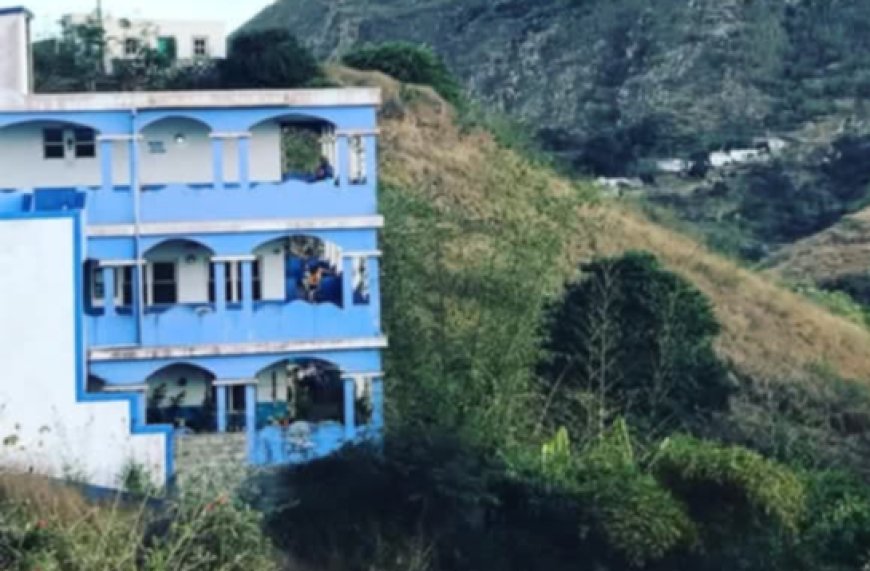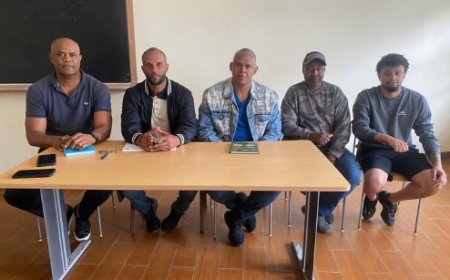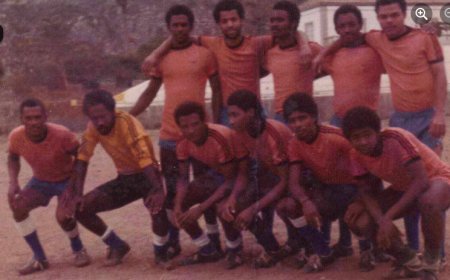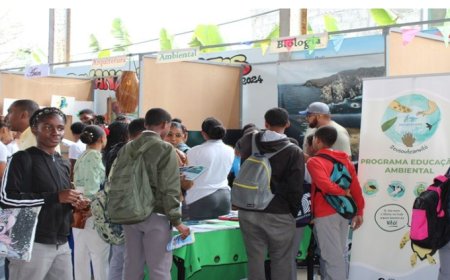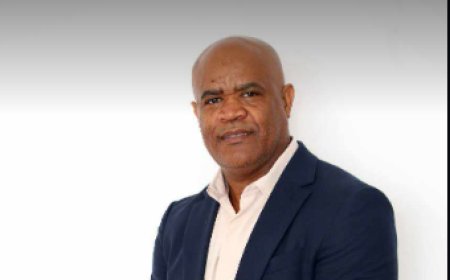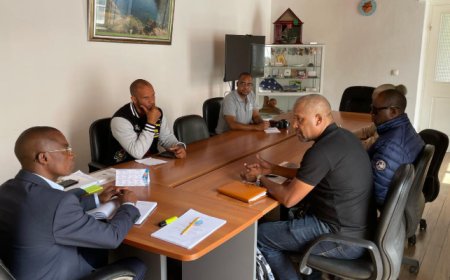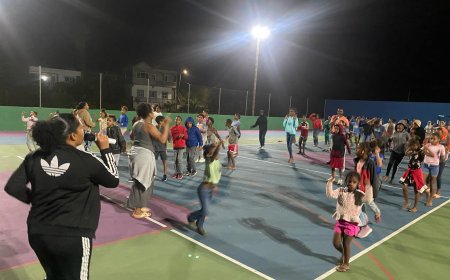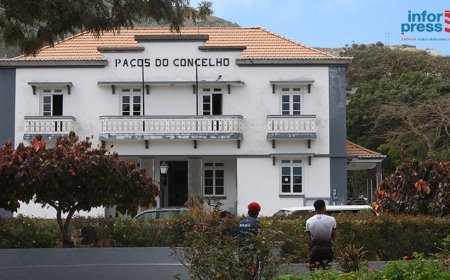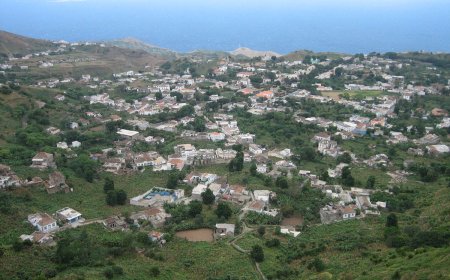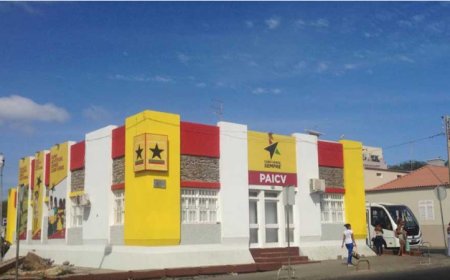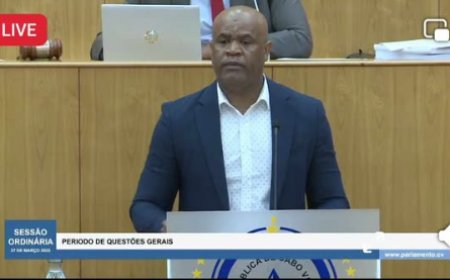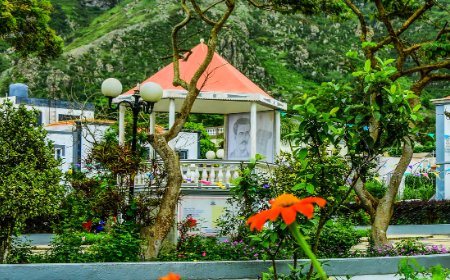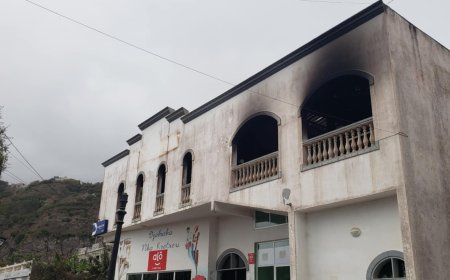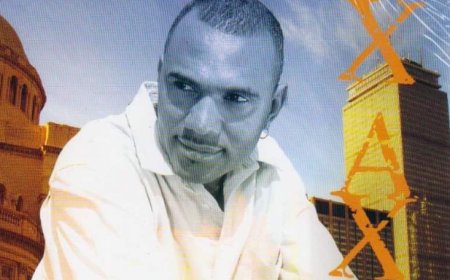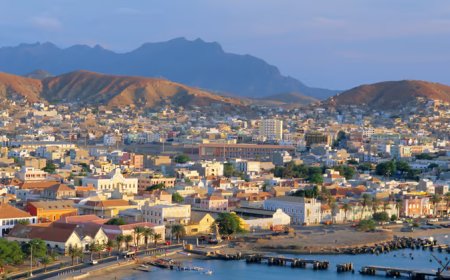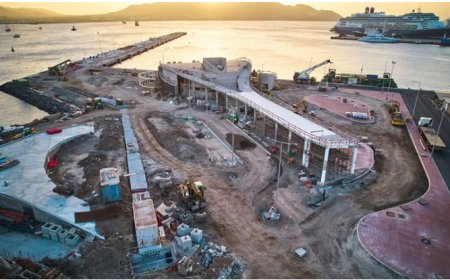Brava: A Family's Struggle and a Business' Survival in the Struggle of a Lack of Infrastructure and Government Support
City of Nova Sintra, January 4, 2025 (Bravanews) - Brava Island, one of the most isolated and genuine corners of Cape Verde, has been the scene of a great challenge for the family that decided to open a hotel there, with the hope of contributing to the development of the island and establishing roots in its land.
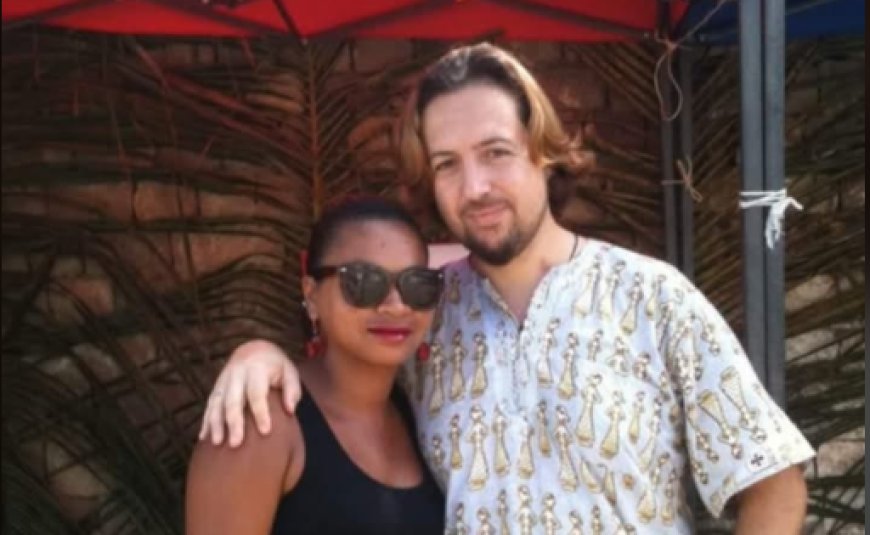
Italian Marco Agostino Giandinoto’s dream of living and raising a family on Brava Island began in 2012, when, after more than two years of hard work, the hotel was finally opened. However, from the very beginning, the story that followed has been marked by numerous obstacles that the family has tried to face with courage, but which, over the years, have become unsustainable.
One of the first problems to arise was the lack of water, one of the most essential resources for the hotel's operation. The company responsible for distributing water, Aguabrava, was unable to guarantee a constant and adequate supply, which forced the family to take drastic measures. "We had to buy water several times using private cars, with incalculable economic losses. And the company never cared or showed any empathy," reports the hotel manager. This problem of water shortage became a daily burden, damaging both the business and the quality of life of its owners.
More than ten years later, in 2025, the situation has only gotten worse. The lack of infrastructure and the inability of the Aguabrava company to guarantee a regular water supply continue to be a constant, and the family has been forced to cancel customer reservations and, for the first time, temporarily close the hotel. The reason? The only tanker truck responsible for supplying water to the island is damaged, with no prospect of being repaired quickly. The lack of immediate solutions and the lack of empathy from the company responsible are a reflection of the negligence and abandonment that the island's residents face on a daily basis.
This scenario is not unique. There is a widespread sense of helplessness and frustration among the inhabitants of Brava Island, who no longer know what to expect from local and national authorities. The Cape Verdean government frequently promotes campaigns on foreign investment in the country, highlighting the advantages of investing in Cape Verde. However, the reality on Brava Island raises serious questions about the viability of such investments. “Under what conditions and with what guarantees should an investor make investments here?” asks the hotel owner. The deficiencies in transport between islands, basic services such as health, water and electricity, and growing social inequality are issues that seem to be ignored by the authorities.
The story of this family is therefore a reflection of a wider problem faced by many inhabitants of Brava Island and Cape Verde in general. The lack of sustainable solutions and the lack of effective support from the authorities are creating an unsustainable situation, in which residents find themselves increasingly isolated and frustrated. “We decided to live here because we love Brava Island, but after twenty years of neglect and neglect by the authorities, we are fed up and disgusted. Every problem we face is repeated more aggressively every day,” says Giandinoto.
This cycle of ongoing problems has affected not only the local economy, but also the mental and emotional health of the locals. The stress caused by constant worry about basic life issues, such as water supply, has led to serious health problems among residents. The question that remains is: "Is it humanly possible to continue living this way? Is it sustainable?"
The challenge is even greater when one observes the lack of mobilization of the local population to demand change. "The time has not yet come for the citizens of Brava to behave as a true community, positioning themselves in a united manner. Why do the people of Brava continue to complain, but when they get together to protest, everyone hides?", they ask. The lack of a coordinated response to the crisis has contributed to the perpetuation of the problems that afflict the island.
Ultimately, the big question that resonates among the inhabitants of Brava Island is: "What will be the future of Brava? Is there a future for this island or is it simply destined to gradually disappear?" These questions reflect the deep concern for the survival of the island, which, despite its natural beauty, seems to be increasingly forgotten by the authorities and neglected in terms of investment and infrastructure.
The struggle of a family and the inhabitants of Brava Island continues, but time is running out. Without a quick and effective response from the competent authorities, Brava Island risks losing what makes it unique: its community, its culture and its potential to thrive.
MS
